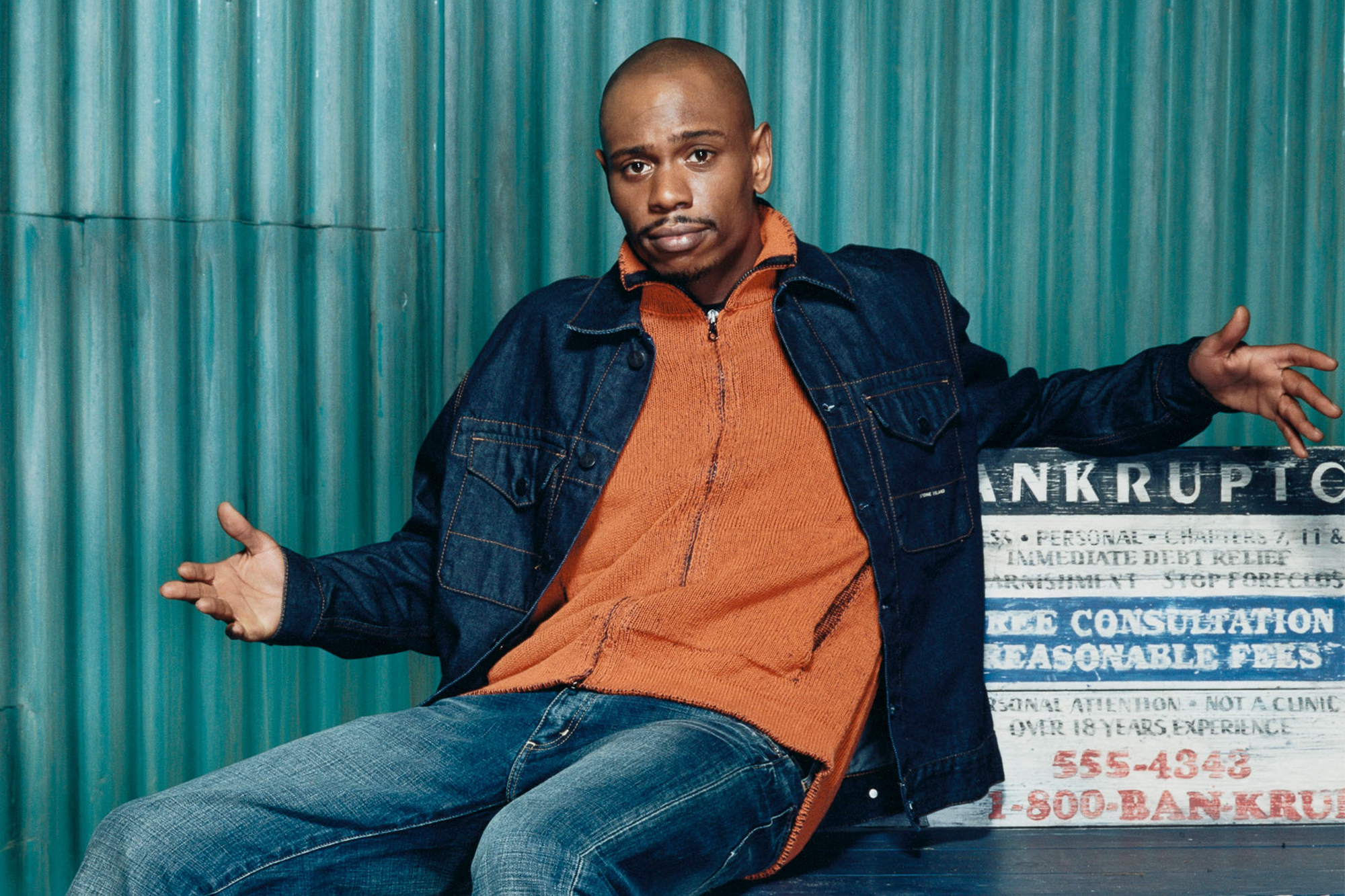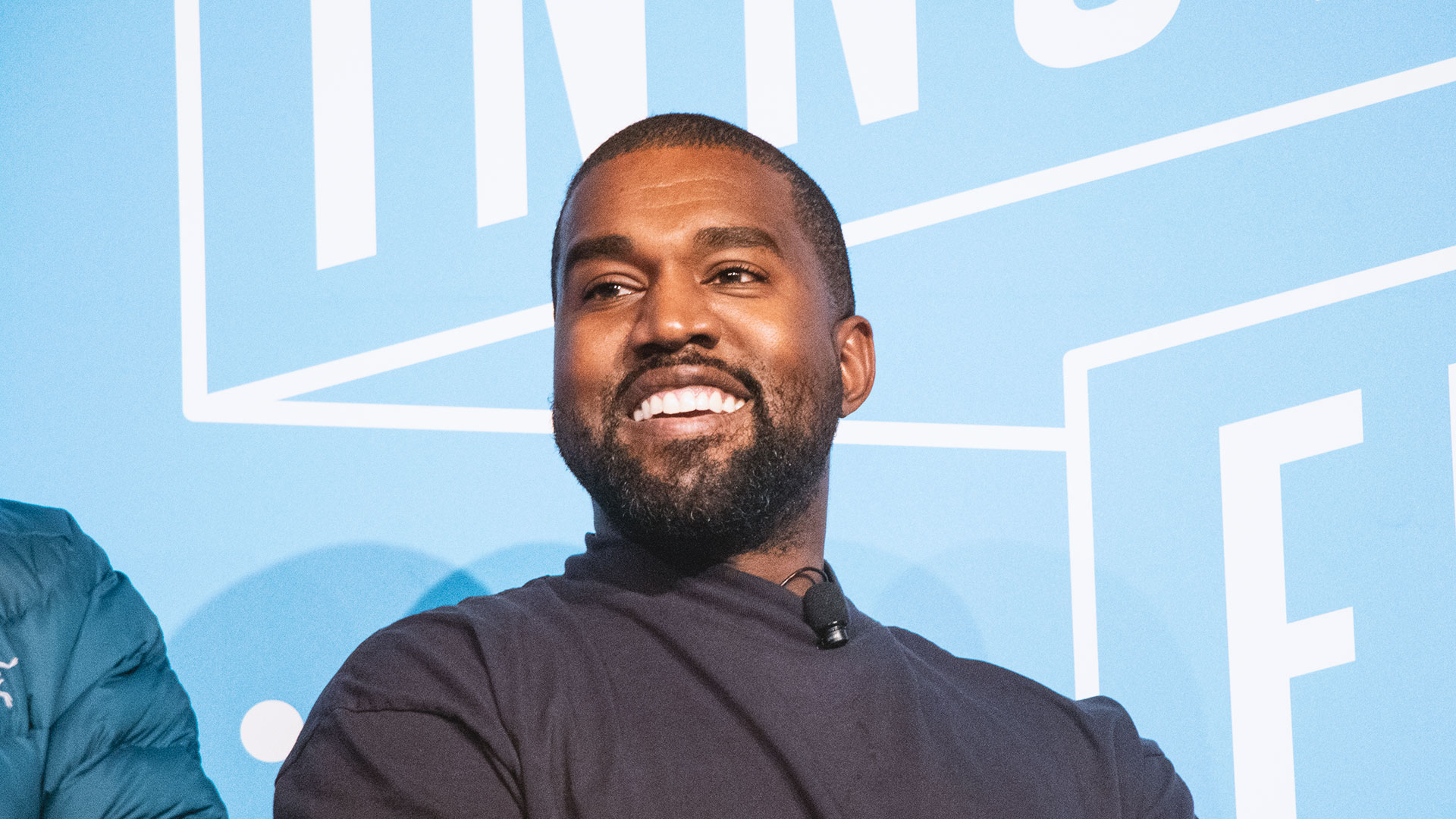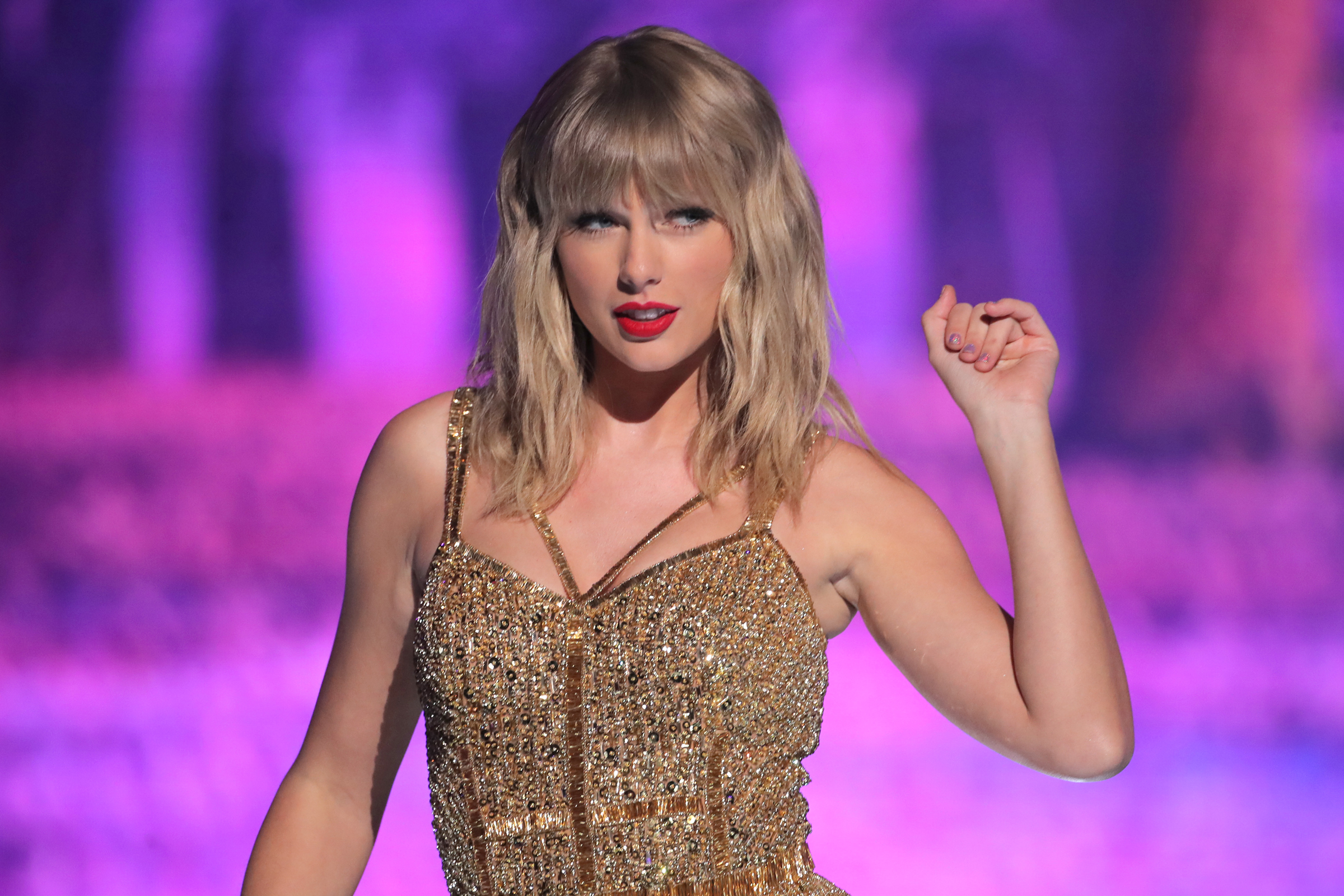On November 1st, Chappelle’s Show was released on Netflix in the US for everyone to enjoy. Just days later, it was taken down by the streamer, after series creator and star Dave Chappelle expressed his disdain towards its broadcasting. It marks another chapter in the history of artists being exploited by the companies they create for.

First aired between 2003 and 2006, and cancelled after Chappelle left in the midst of production of its third season, Chappelle’s Show has since been viewed with an air of mystery as to what could’ve been and why Dave Chappelle walked away from it all.
Chappelle has never kept it secret what made him leave the show, citing burnout, losing his creative control, and a work environment that was uncomfortable as some of the reasons why he left the show in his first public interview since on The Oprah Winfrey Show. However, in a recent stand-up show recorded and posted on his personal Instagram account, Chappelle went in harder and deeper on his issue with the show, and more specifically ViacomCBS, the company that currently owns its distribution rights.
The 18-minute long set aptly titled Unforgiven sees Chappelle delve deeper into his frustration with the show and the industry at large, as well as giving praise to Netflix for their cooperation in removing the show from their platform.
“I called them and I told them that this makes me feel bad. And you want to know what they did? They agreed that they would take it off their platform just so I could feel better. That’s why I f*ck with Netflix.”
Netflix and Chappelle currently have a deal that is reported to be worth $20 million dollars per special he releases on the platform. As of this article, he has released 5 specials equalling $100 million and a relationship that the streamer would do anything to maintain, hence their willingness to act on Dave’s request.
Speaking on the circumstances at the time, Chappelle had this to say:
“I’m not here trying to tell you guys that I believe Comedy Central gave me a raw deal just because I’m Black. I believe they gave me a raw deal because this f*cking industry is a monster.”
The deal in question was one that would have seen Chappelle walk away with a reported $50 million to produce seasons 3 & 4 of the show. But everything wasn’t so clean cut and simple. According to Chappelle, they didn’t pay him at all; not for any of the work he did on Chappelle’s Show, or in the most part for the royalties they have accumulated surrounding his likeness.
One of Chappelle’s most compelling arguments in the set is a commentary on the act itself:
“I’m up here doing something no one else has the balls to do…I am publicly flogging a network.”
He’s right. Traditionally people haven’t publicly beseeched the people who, in essence, own them. But Dave never got what he earned, and he never got what he deserved, and so he has spoken out against them, and rightfully so:
“I am asking you to boycott Chappelle’s Show. Do not watch that show unless they pay me for it.”
On September 15, Kanye West went on a week long Twitter tirade expressing his immediate concern about the state of the Music industry and the way that big money contracts take advantage of the artists signing them.

Preaching a message similar to Chappelle’s, with a protest as public to match, West made it clear to his fellow artists that he is man on a mission when it comes to retrieving the masters they have signed away:
Contracts in all industries need to be simplified now. Complicated contracts are how businesses, music companies and sports take advantage of talent We will expose these contracts and make them transparent now support new talent, startups and amend all old contracts
— ye (@kanyewest) September 16, 2020
Kanye even went as far as to tweet every page of his contract with Universal, as well as posting a video of him urinating on one of his Grammy awards in protest.
The importance of what artists like Chappelle and West are doing here is immeasurable. The creative process, which is different for every artist in every field, is an intangible part of what goes into the product that we consume. That process, the idea that spawns and develops in an artist’s mind before it turns into something like Chappelle’s Show or The Life Of Pablo, is something that a label could never put a price, no matter how hard they try.
West and Chappelle are crusaders in a war against an industry that has enslaved every other aspect of an artist’s integrity, and controlled the process and the revenue of everything that has spoiled from that ideation in their minds.
When someone creates something, Chappelle argues that they deserve to be honoured and paid in a fair way, a way beyond the twisted contracts that he, West and other artists have been forced to sign.
Another huge name to suffer from this is Taylor Swift. Her masters were purchased by music mogul Scooter Braun for a reported fee of over $300 million, which were recently sold again for $400 million to an unnamed investment firm.

Swift has released many public statements about her disgust towards Braun and his actions, including those of the label boss who signed her life away at a young age.
“This is what happens when you sign a deal at fifteen to someone for whom the term ‘loyalty’ is clearly just a contractual concept,” she wrote, referring to Big Machine boss Scott Borchetta, who sold the masters to Braun.
Taylor has even gone so far as to re-record all of her music in order to retain ownership of those stolen 6 Studio LP’s. Artist’s owning their product is an essential part of the culture and business, and is only fair. Yet, it has been swept under the rug by those who own the contracts, as Chappelle reflects so plainly here:
“‘To use your name and likeness in perpetuity throughout the universe.’ Who the f*ck could possibly know what that means?”
It is undeniable how relevant and necessary their efforts are, the results of which are yet to be known. Stay updated and knowledgeable on these artist’s respective journeys through the links in this article.







